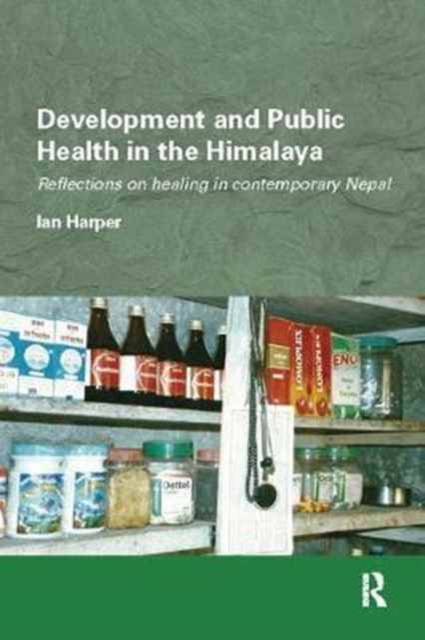
- Retrait gratuit dans votre magasin Club
- 7.000.000 titres dans notre catalogue
- Payer en toute sécurité
- Toujours un magasin près de chez vous
- Retrait gratuit dans votre magasin Club
- 7.000.0000 titres dans notre catalogue
- Payer en toute sécurité
- Toujours un magasin près de chez vous
Development and Public Health in the Himalaya
Reflections on Healing in Contemporary Nepal
Ian HarperDescription
Engaging with a range of public health issues, this book charts important social and political transitions in Nepal through the lens of medicine and health development. It focuses on mission health care institutions, tuberculosis control programmes as a site of medical intervention, the "pharmaceuticalization" of mental health and public health, and in relation to development ideologies the attempted creation of modern subjects and citizens to advance the health of the nation.
Based on two decades of experience, both as a physician and public health professional and an anthropologist, the author presents these issues through four case studies of health programme intervention in a district in central Nepal to show the inter-related aspects of the processes. The book explains how local realities align with, resist, and are complicated by globalized narratives and practices of health and development. It pays careful attention to traditional healers, infectious disease, micronutrient initiatives, mental health and the historical, ideological, and political-economic context of mission-based development work.
Offering an ethnographic picture of the challenges and possibilities for action that exist in Nepal, this book is of interest to academics in the field of medical and development anthropology and those working directly in the fields of health and development.
Spécifications
Parties prenantes
- Auteur(s) :
- Editeur:
Contenu
- Nombre de pages :
- 164
- Langue:
- Anglais
- Collection :
Caractéristiques
- EAN:
- 9781138097889
- Date de parution :
- 25-05-17
- Format:
- Livre broché
- Format numérique:
- Trade paperback (VS)
- Dimensions :
- 156 mm x 233 mm
- Poids :
- 271 g

Les avis
Nous publions uniquement les avis qui respectent les conditions requises. Consultez nos conditions pour les avis.






